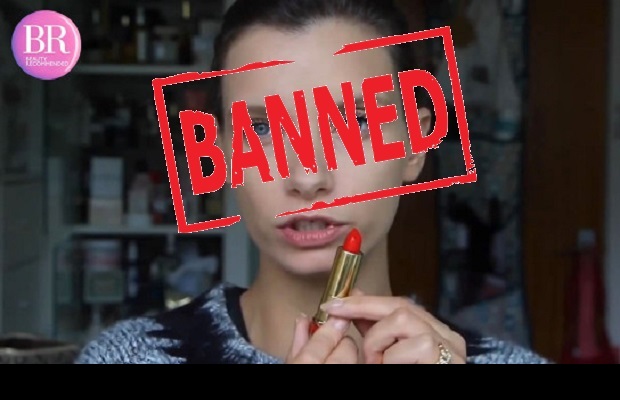Google has outlined three key rules for any blogger who trades coverage on their site for a free product.
The practice of native ads on YouTube channels is becoming increasingly popular, with many brands using key influencers to make recommendations
However, several high profile bloggers and brand have fallen foul of the UK ad standard body by failing to sufficiently disclose paid-for endoresements (either though money or free products).
In a blog post, the YouTube owner set out three things bloggers must do to ensure their content isn’t penalised:
1. Use nofollow tags for links
2. Disclose the commercial nature of the post
3. Ensure their content is unique
The first two could see some serious penalties for bloggers that fail to state the brief terms of the exchange.
Google will often serve manual penalties to those neglecting best practice following a notice.
In its guidelines, Google suggests bloggers tag those links as nofollow because “these links didn’t come about organically (i.e., the links wouldn’t exist if the company hadn’t offered to provide a free good or service in exchange for a link).”
“Companies, or the marketing firms they’re working with, can do their part by reminding bloggers to use nofollow on these links,” the Google blog post continued.”The most successful blogs offer their visitors a compelling reason to come back,” the blog post reads.
The full advice from the Google blog post is pasted below:
Use the nofollow tag where appropriate
Companies sometimes urge bloggers to link back to:
Bloggers should use the nofollow tag on all such links because these links didn’t come about organically (i.e., the links wouldn’t exist if the company hadn’t offered to provide a free good or service in exchange for a link). Companies, or the marketing firms they’re working with, can do their part by reminding bloggers to use nofollow on these links.
Disclose the relationship
Users want to know when they’re viewing sponsored content. Also, there are laws in some countries that make disclosure of sponsorship mandatory. A disclosure can appear anywhere in the post; however, the most useful placement is at the top in case users don’t read the entire post.
Create compelling, unique content
The most successful blogs offer their visitors a compelling reason to come back. If you’re a blogger you might try to become the go-to source of information in your topic area, cover a useful niche that few others are looking at, or provide exclusive content that only you can create due to your unique expertise or resources.


The Long Weekend Edit
[…] guidelines for Bloggers via Google, it’s important to be really clear and fair to your readers, a one line discloser only takes […]